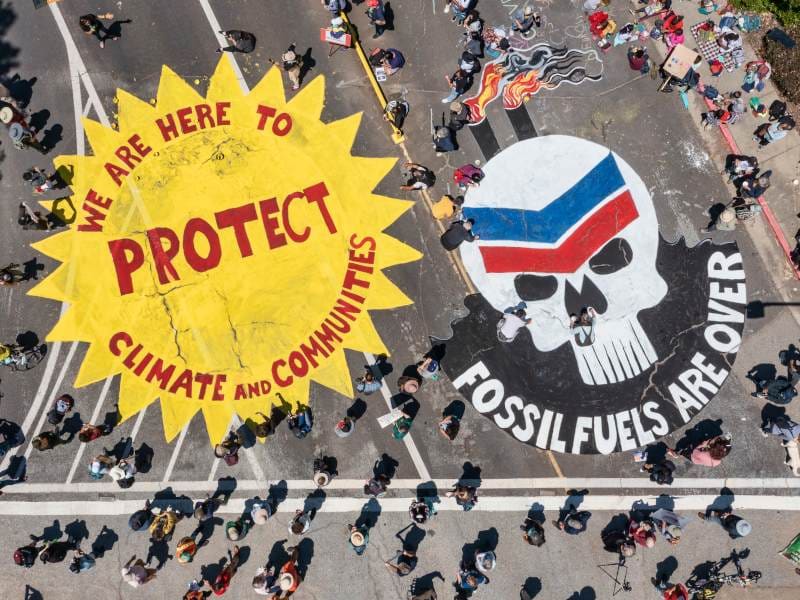Originally posted on the #EyeOnTheAmazon blog.
Tomorrow, May 26, will be the 11th Chevron shareholder meeting since the company lost a historic $9.5 billion judgement for deliberately polluting the Ecuadorian Amazon. Since then, many more Ecuadorians have gotten sick and died awaiting justice, as Chevron pulled its assets from Ecuador and waged a retaliatory legal assault. It spent well over a billion dollars on lawyers and PR firms to attack its victims in Ecuador and the lawyers who helped defeat Chevron.
The 16 billion gallons of toxic pollution Chevron admitted to deliberately dumping remains in the Amazon rainforest, continuing to leech poison into rivers and streams every single day. During its annual general meeting (AGM), there is no doubt that Chevron CEO Mike Wirth will once again try to brush aside shareholders calling for justice in Ecuador, by hiding behind a deceptive 2014 RICO decision that Chevron orchestrated.
Since the 2011 legal victory of the affected communities in Ecuador, we have stood alongside Ecuadorians demanding justice, and now the tide is turning due to the outrageousness of Chevron's retaliation and our persistence. Dozens of human rights and environmental organizations, 68 Nobel Laureates, legal scholars, law students, legendary artists, activist leaders, and now even members of the U.S. Congress have joined together to expose Chevron's crimes. The ongoing resistance in Ecuador is rapidly being recognized as a front line struggle for climate justice and a bellwether case against the fossil fuel industry.
Last Friday, the 8th Annual Global Anti-Chevron Day took place with actions in the streets, at Chevron refineries, and online. Affected communities from around the world–harmed by Chevron's negligence or deliberate acts of destruction–organized to demand action in defense of their families, communities, and our climate. In the U.S., Chevron is widely seen as a threat not only to the environment but to the political process and justice system. Denouncing the attacks and criminalization of those who fight back–most specifically human rights lawyer Steven Donziger–has become a rallying call across the movement.

